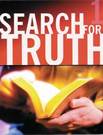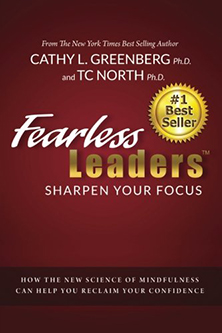The Sufi master – judgements are often false truths.
“You are very wise.”
“Maybe yes, maybe no.”
Most of us are quick to judge, and quick judgments are often wrong. I love this story from long ago about a farmer who practiced Sufism (wisdom) — he was a Sufi master. Sufi masters are deeply mindful and mindfulness includes acceptance, it’s non-judgmental in the moment.
In the ancient land where this farmer lived, a family’s wealth was measured by how many horses it had, because more horses meant more fields could be plowed to grow food. This old Sufi master had one horse, and one day the horse got out of the corral and ran away. His neighbor observed this and said, “Oh, that’s bad.” The farmer smiled and said … “Maybe yes, maybe no.” Three days later, the farmer’s horse returned leading 15 wild horses into the corral, and the farmer closed the gate. The farmer’s neighbor came over and with amazement said, “Wow, now you have 16 horses. That’s great.” To this, the farmer replied, “Maybe yes, maybe no.”
The horses had to be trained, so he had his only son, who was 17, begin training them. One day, the son took a hard fall and broke his leg. When the neighbor heard this, he said, “You’re unlucky.” The farmer replied, “Maybe yes, maybe no.”
The next day some soldiers rode up to the farm and told the farmer that the country was under attack and all able-bodied young men must enlist into the Army immediately. The soldier in command looked at the master and his son and said, “You’re too old and you’re injured,” and the soldiers rode off. When the neighbor heard this, he said, “You’re lucky.” The farmer responded, “Maybe yes, maybe no.”
Sufism (wisdom)
is considered a pathway to truth.
The judgments we make aren’t always truths.
But by thinking them, they may become our false truth.


